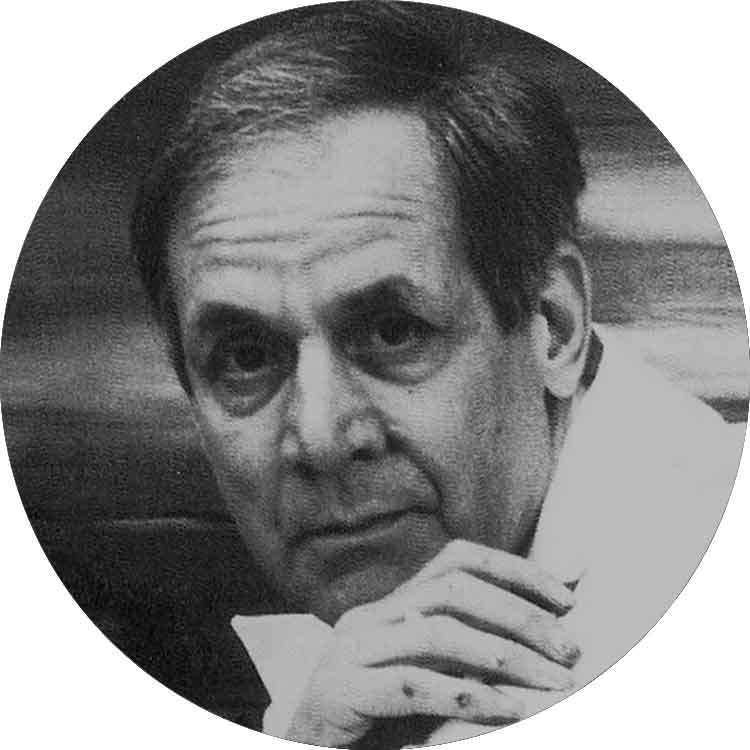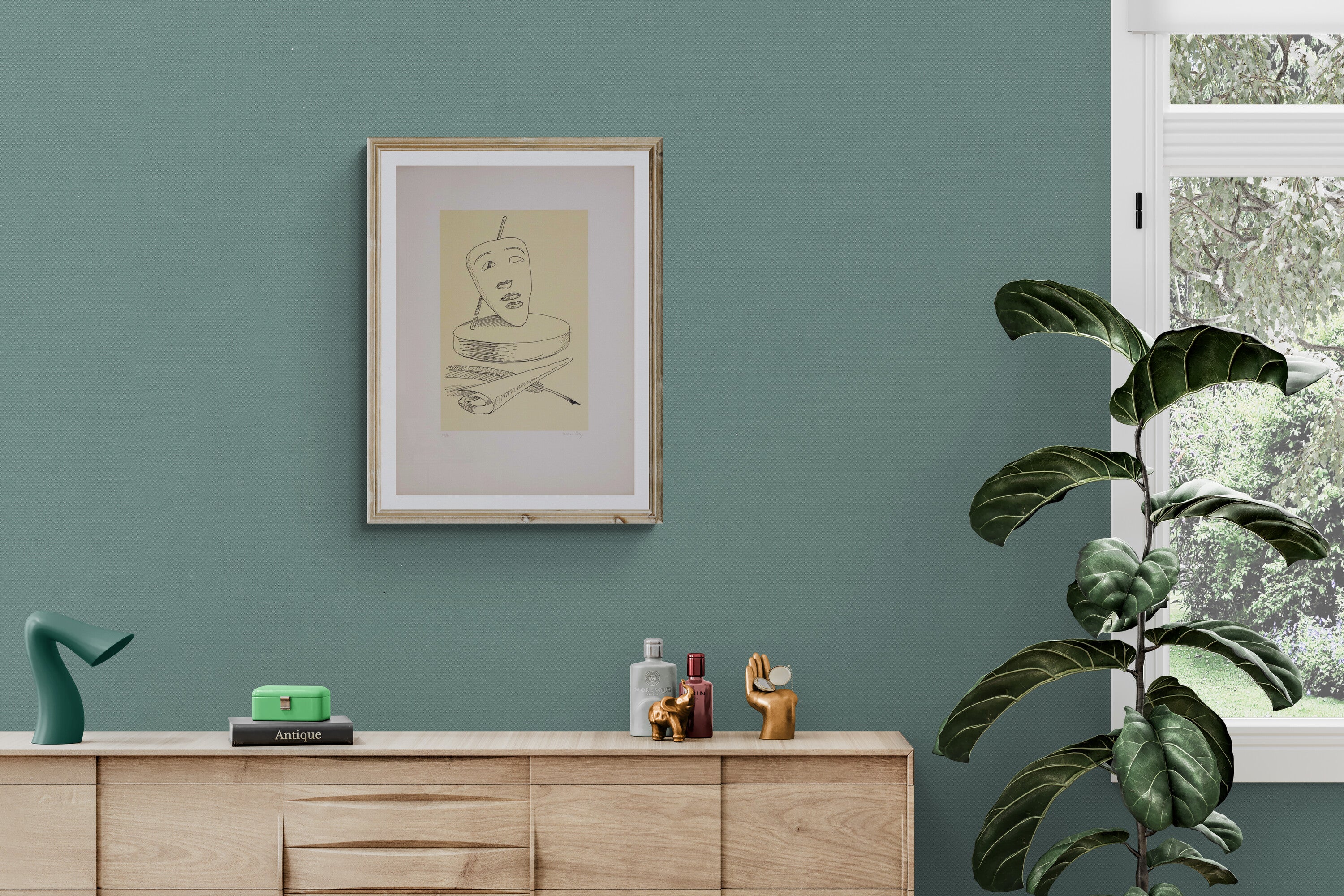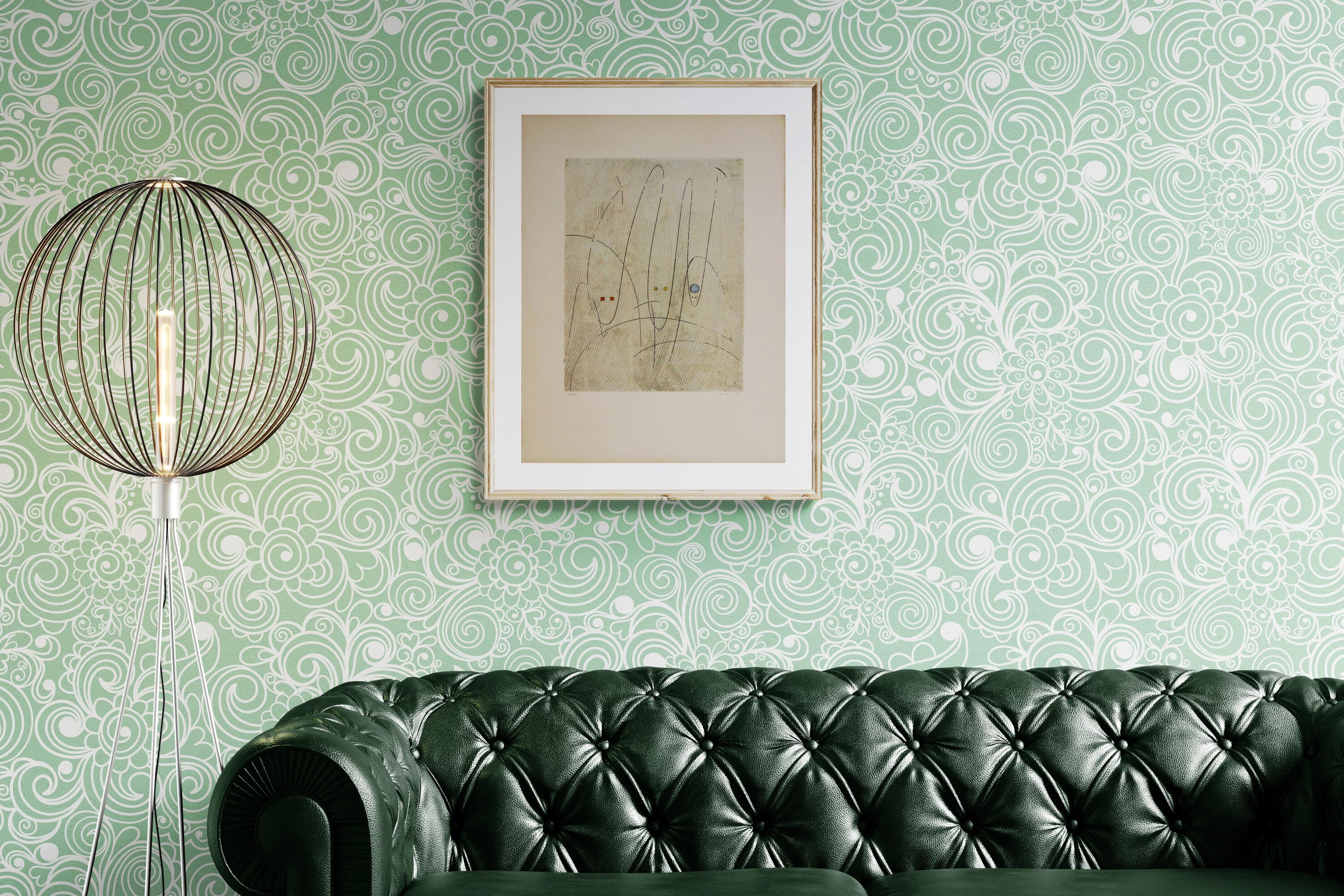Alberto Sughi biography

Alberto Sughi, born on October 5, 1928 in Cesena, was an Italian painter among the main exponents of the second half of the twentieth century. Self-taught, he approached painting thanks to his uncle who taught him the first technical basics. He debuted as a painter in a group exhibition in Cesena in 1946. Two years later, he moved to Rome, where he met Renato Guttuso through the Cesena native Biagio Dradi Maraldi. However, in 1951 he returned to Cesena and settled in a place of the Rocca Malatestiana. Later, he moved to the country house of Carpineta on the Cesena hills.
Alberto Sughi is distinguished by his approach to realism, choosing to depict everyday life without heroes, in contrast to the socially engaged paintings typical of the post-war period. Enrico Crispolti, in 1956, defined his painting as "existential realism". His artistic research developed through thematic cycles, including the prominent "Green Paintings" (1971-1973), dedicated to the relationship between man and nature, the cycle "The Dinner" (1975-1976), and "Imagination and Memory of the Family" in the early '80s.
Alberto Sughi also explored graphics, creating a significant body of engravings, lithographs, and screen prints from 1946 to 2011. His graphic artwork, characterized by an intense focus on the practice of graphic techniques and the exploration of the sign, mutually enriches his painted artwork.
Alberto Sughi's career includes important exhibitions such as two solo shows in Bologna and Turin in 1962, participation in the Venice Biennale and the Rome Quadriennale, of which he was also president in 1993. In 2005, the President of the Italian Republic Carlo Azeglio Ciampi awarded him the Vittorio De Sica Prize for Culture. His artworks were exhibited in solo shows in prestigious venues such as the Modern Art Gallery of Bologna, the Castel Sant'Angelo in Rome, the Museum of Fine Arts in Budapest, and abroad in cities like Moscow, Prague, and São Paulo. He also participated in international exhibitions, including the exhibition "Contemporary Italian Paintings" in Australia in 1963 and "Peintures italiennes d'aujourd'hui" in the Middle East and North Africa.
Alberto Sughi was also active in the cultural and political scene. He participated in city politics as a city councilor for the PCI in Cesena. He also met important directors such as Mario Monicelli and Ettore Scola. In 1980, he moved permanently to Rome.
In 1994, he took the position of President of the National Quadriennial Artwork Institution of Rome and participated in exhibitions such as "The Inner Portrait" in Aosta. In 2007, two retrospective exhibitions were dedicated to him: one at the Malatestiana Library of Cesena, curated by Vittorio Sgarbi, and the other at the Vittoriano Complex in Rome. In 2009, his work was exhibited in Palermo and then in London at the Italian Cultural Institute. He participated in the 54th Venice Biennale in 2011, presenting "A World of Cold and Ice".
Alberto Sughi passed away on March 31, 2012, in Bologna, at the age of 83, leaving an invaluable artistic legacy that continues to influence the world of contemporary artwork.



